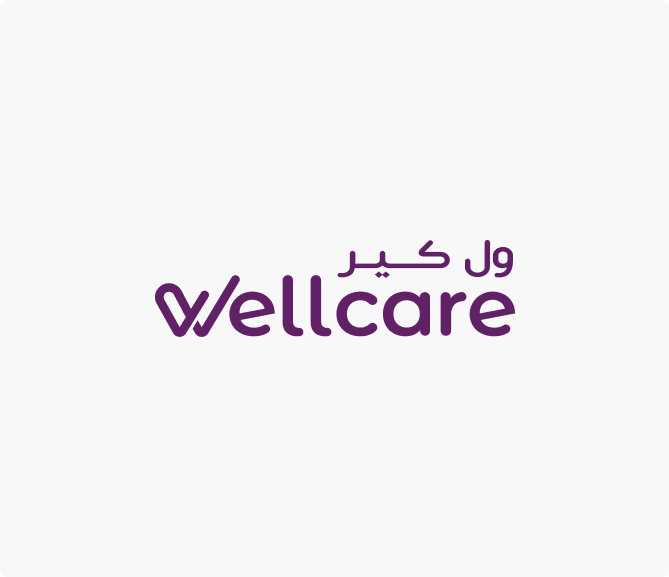
Don't Skip a Beat: Heartbeat Matters
Today, September 29th, is World Heart Day, a critical reminder that our cardiovascular health is the foundation of our personal and professional lives.
In our driven, high-stakes professional world, chronic stress, long hours, and sedentary work have created a silent epidemic. Heart disease is no longer an "old person's disease"; we are seeing alarming trends of cardiovascular events in professionals in their 30s and 40s—individuals often at the peak of their careers.
Your heart does more than just pump blood; it fuels your ambition, your focus, and your resilience. Protecting it is the most crucial career move you can make.
The Professional's Heart Hazard: Recognising the Risks
For many professionals, daily life inadvertently stacks the odds against heart health:
- Chronic Stress: Unmanaged professional stress leads to sustained high blood pressure and increased heart rate.
- Sedentary Lifestyle: Hours chained to a desk drastically reduce physical activity, contributing to obesity, high cholesterol, and poor circulation.
- "On-the-Go" Nutrition: Reliance on quick, processed, or high-sodium/sugar meals compromises arterial health.
- Sleep Debt: Consistently sacrificing sleep to meet deadlines hinders the body's natural recovery processes and is linked to hypertension.
Proactive Prevention: The 3 Pillars of Heart Protection
1. Optimize Your Movement, Not Just Your Calendar
- The 30-Minute Mandate: Aim for at least 30 minutes of moderate-intensity activity most days of the week. This can be broken up: a brisk 10-minute walk before work, a lunchtime walks, and an evening stroll.
- Break the Desk Chain: Set a timer to stand up, stretch, or walk for 2 minutes every hour. Consider a standing desk or walking meetings.
- Strength for Structure: Incorporate muscle-strengthening activities twice a week to improve metabolism and support healthy weight.
2. Fuel Your Focus: A Heart-Smart Diet
- Prioritize Whole Foods: Build your plate around whole grains, lean proteins, and plenty of fruits and vegetables (especially dark, leafy greens).
- Manage Sodium and Sugar: Be conscious of hidden salt and sugar in processed foods, sauces, and sweetened drinks.
- Healthy Fats are Key: Incorporate sources of monounsaturated and polyunsaturated fats, such as avocados, nuts, seeds, and olive oil.
3. Mastering the Mind-Heart Connection
- Prioritize Sleep: Aim for 7-8 hours of quality sleep. Good sleep is when the heart muscle and cardiovascular system actively recover.
- Structured De-Stress: Integrate stress management techniques like mindfulness, deep-breathing exercises, or a hobby into your daily routine. Your mental well-being directly impacts your cardiac health.
- Know Your Numbers: Schedule regular check-ups to monitor your Blood Pressure, Cholesterol (LDL/HDL), and Blood Sugar. Early detection of risk factors is essential.
A Word on Supplementation: An Informed Approach
Always consult with a healthcare professional before starting any new supplement regimen.
Key supplements often discussed in the context of heart health include:
|
Supplement |
Potential Benefit (Why it's discussed) |
Important Note |
|
Omega-3 Fatty Acids (EPA & DHA) |
Proven to help lower triglyceride levels and may reduce blood pressure. They are anti-inflammatory. |
Best sourced from fatty fish (salmon, mackerel) but supplements are an option. Dosage varies based on individual needs. |
|
Coenzyme Q10 (CoQ10) |
An antioxidant important for cellular energy production (especially in the heart muscle). Often recommended for individuals taking statins. |
Helps cells produce energy and fights oxidative stress. |
|
Magnesium |
A vital mineral that helps regulate heart rhythm, supports healthy blood pressure, and aids in muscle function. |
Many people are deficient. Crucial for overall cardiovascular and nervous system health. |
Empowering Heart Health with Technology
Regular use of these monitors can help individuals:
- Identify early signs of hypertension, a major risk factor for heart disease.
- Monitor blood pressure trends over time, aiding in better management.
- Encourage proactive health behaviors, leading to improved cardiovascular health.
Conclusion
Your career trajectory is a marathon, not a sprint. To maintain peak performance, you must first maintain your most vital organ. This World Heart Day, take a moment to reflect on your daily habits. Are they fueling your heart, or silently taxing it?
“Your heart is the engine that drives your life. Keep it strong, keep it healthy."
















